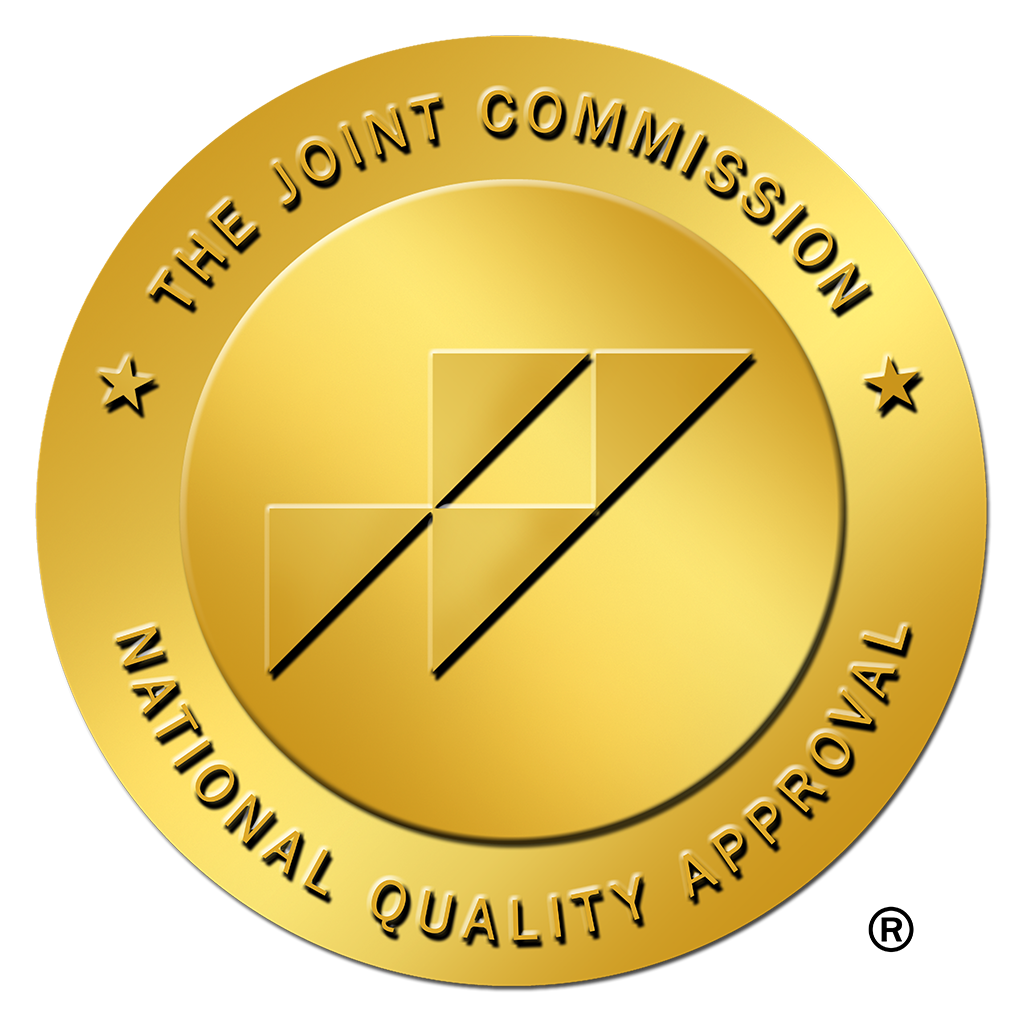Everyone feels anxious from time to time, but for those with Generalized Anxiety Disorder (GAD), worry isn’t just an occasional experience—it’s a constant presence.
GAD is more than just stress; it’s persistent, excessive anxiety that interferes with daily life. If you or someone you love struggles with overwhelming worry, understanding the signs of GAD is the first step toward finding relief.
What Does Generalized Anxiety Disorder Feel Like?
People with GAD often say their mind gets stuck in a loop of worry. This involves constantly anticipating worst-case scenarios even without a clear reason for concern. It’s not just mental; anxiety manifests physically, emotionally, and behaviorally, making it difficult to function normally.
Mental and Emotional GAD Symptoms
- Excessive, uncontrollable worry about everyday situations
- Constantly feeling on edge or restless
- Difficulty concentrating or feeling like your mind goes blank
- Persistent feelings of dread or fear, even without a clear trigger
- Irritability and frustration, often without an obvious cause
Physical Symptoms of GAD
- Muscle tension, headaches, or unexplained aches and pains
- Fatigue, even after a full night’s sleep
- Nausea, upset stomach, or digestive issues
- Rapid heartbeat or shortness of breath
- Trouble falling or staying asleep due to racing thoughts
When Should You Seek Help for Anxiety?
While occasional anxiety is normal, GAD can significantly impact daily life. It may be time to seek professional help if your anxiety:
- Interferes with work, school, or relationships
- Causes frequent physical symptoms
- Leads to avoidance of certain situations or activities
- Feels uncontrollable, no matter how much you try to manage it
Anxiety treatment can provide relief and equip you with the tools to cope effectively.
Coping with Anxiety: Managing GAD Symptoms
There are ways to reduce anxiety and regain control of your thoughts and emotions. Some effective coping strategies include:
1. Practicing Mindfulness and Relaxation Techniques
Deep breathing, meditation, and progressive muscle relaxation can help calm the nervous system and reduce excessive worry.
2. Engaging in Regular Exercise
Physical activity releases endorphins, which naturally improve mood and reduce stress. Even a short walk or gentle yoga can make a difference.
3. Challenging Negative Thought Patterns
Cognitive Behavioral Therapy (CBT) helps identify and reframe anxious thoughts, making them more balanced and manageable.
4. Prioritizing Quality Sleep
Anxiety can disrupt sleep, but maintaining a regular sleep schedule and creating a calming bedtime routine can improve rest and reduce worry.
5. Seeking Therapy for Anxiety
Professional therapy, including CBT and other evidence-based treatments, can help individuals learn coping skills and address the root causes of their anxiety.
Find Support at Milton Recovery Centers
If anxiety is affecting your daily life, you don’t have to navigate it alone. Milton Recovery Centers offers treatment programs designed to help individuals manage anxiety and regain control. Whether through therapy, structured programs, or support groups, professional guidance can make a significant difference in long-term well-being. If you or someone you know is struggling, reaching out for support is a powerful first step toward healing.







